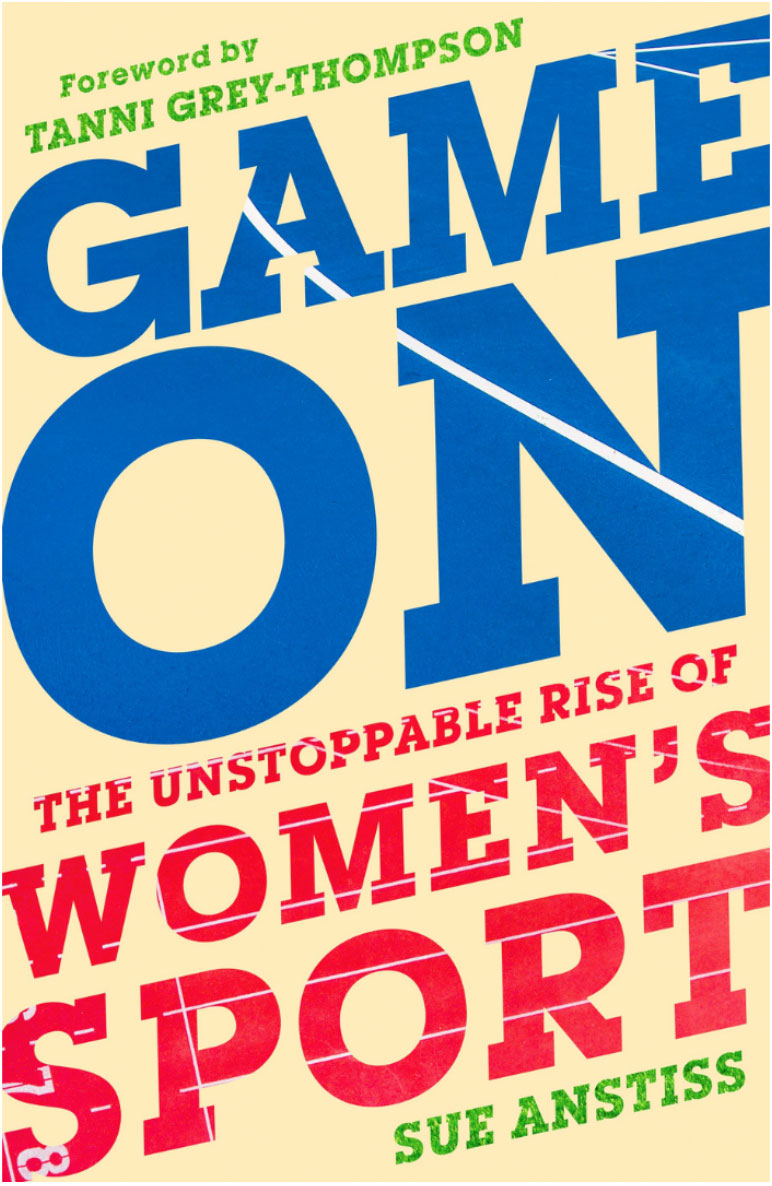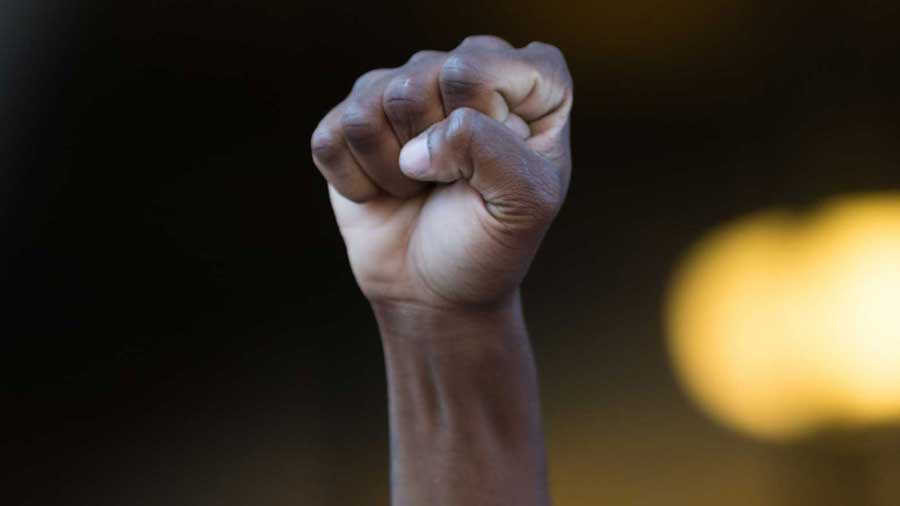Changing the game
It is a powerful force for good, so why are so many women and girls left on the sidelines when it comes to reaping the benefits sport brings?

STRATEGY
Image: Istock

Sue Anstiss
Chief Executive Officer, Fearless Women
I love sport. I’ve been lucky enough to work in the sports sector for the last 30 years, but as those years have passed, I’ve become increasingly concerned about the massive disparity for women.
In recent years, the landscape for women’s sport has finally begun to shift. We’ve seen significant increases in sponsorship, more media coverage for female athletes and women taking influential roles as board directors, editors, coaches, officials and CEOs.
There’s no doubt that sport reflects and magnifies key issues in society. The momentous shift we’ve seen in women’s sport since 2012 is in line with the ‘fourth wave’ of feminism and its focus on empowering women to ensure greater female representation in politics and business.
Attitudes around women have changed. From women’s bodies to women’s rights, powerful campaigns have seen women collaborate and mobilise to call out harassment and misogyny, demanding equal pay and equal opportunities with the likes of #metoo, No More Page 3, Time’s Up, the Everyday Sexism Project and the Women’s Marches.
Socially disruptive sport
Yet despite this progress, female athletes still don’t get equal funding or opportunities – even though they train as hard and make the same sacrifices as their male counterparts. In many sports, women receive less prize money, fewer professional contracts, lower sponsorship revenues and a tiny fraction of the media coverage. This is a huge missed opportunity.
Sport is something unique in our culture. Is has enormous potential to be socially disruptive. It can unite and divide us like nothing else. Enormous national pride results from success at Olympic Games and World Cups, alongside the weekly divisive animosity of opposing football fans.
For many people sport is their ‘go to’ conversation starter. Before COVID-19 struck, millions of pounds of business was done every year over a round of golf or in a hospitality box at the cricket. All news bulletins end with sport, there are sports pages at the back of every newspaper, our government and big brands invest billions of pounds in sport every year.
“Sport is something unique in our culture. Is has enormous potential to be socially disruptive. It can unite and divide us like nothing else.”
Power to inspire
Sport’s powerful force for good has long been accepted. It was 20 years ago that Nelson Mandela said: “Sport has the power to change the world. It has the power to inspire, it has the power to unite people in the way that little else does.”
Sport has an extraordinary, unique capacity to challenge and change society. It brings joy and hope to millions. It can positively impact individuals, families, communities and nations – improving physical and mental health, reducing loneliness and building self-esteem and happiness. It’s also a multi-billion-pound commercial industry that can transform lives, businesses, nations and regions.
It can’t be right then, that in 2021, half the population is still deprived equal access to something so culturally powerful. So many women and girls are missing out on all the joys and benefits sport offers.
Game on
September 2 2021 will be a very special date for me, as my book Game On: The Unstoppable Rise of Women’s Sport will be published. Written during lockdown, it follows my personal journey to investigate why change for women’s sport has taken so long, what’s caused the positive change we’re currently witnessing and how we can ensure the momentum continues.
I discover more about the history that led to women being excluded from sport for centuries, and how this still impacts society’s attitudes today. I talk to the incredible game changers who have broken down stereotypes to challenge the status quo for women and girls everywhere.
I hope my book highlights that increased gender equality across sport is good for everyone and that equality in sport ultimately leads to equality in society. It’s a manifesto for women’s sport, providing a rallying cry to ensure the progress we are currently seeing is celebrated and maintained long term. Game on.



